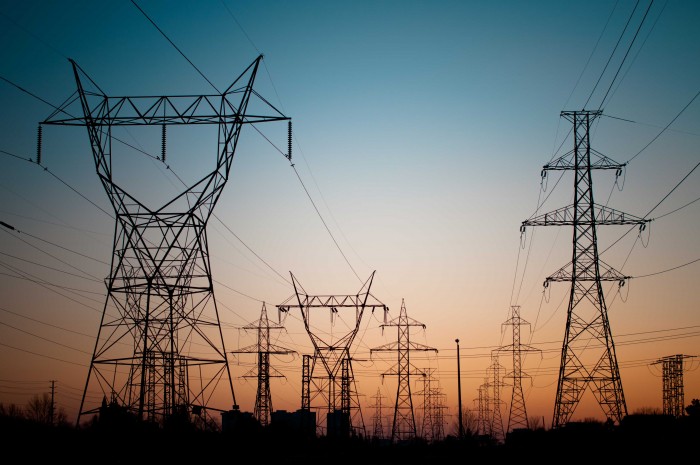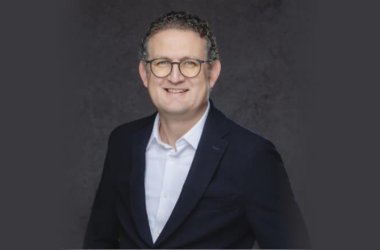
The GCC requires a combined $131 billion worth of investment in electricity generation, transmission and distribution over the next five years, a new report has claimed.
A new report from Middle East Electricity (MEE) says that increasing demand from growing populations, expanding economies and climatic change will necessitate the investment.
The GCC Power Market report reveals that despite the GCC’s current power-generating capacity of 157 Gigawatts (GW) – which equates to 43 percent of all Middle East and North Africa capacity – its six states will still require $81 billion of investment for another 62 GW of increased capacity and $50 billion for additional transmission and distribution.
Saudi Arabia accounts for the largest spend needs with $36 billion required for generation and $23 billion for transmission and distribution, followed by the UAE at $22 billion investment needed for generation and $13 billion for transmission and distribution.
Kuwait requires the third largest investment with $8.4 billion needed for generation and $5.2 billion for transmission and distribution, followed by Oman at $6.8 billion and $4.2 billion respectively, with Bahrain needing the least investment, with $1.9 billion and $1.1 billion across the two areas.
The report, produced for the Middle East Electricity exhibition by Ventures Onsite, says much of the investment is likely to come from public-private partnerships (PPP) if a regulatory framework is introduced to incentivise independent power producers (IPP).
Over the last two decades, the PPP model has become the most attractive financing mechanism for the GCC power market, with the model helping to ease the strain on government finances in delivering complex engineering solutions and delivering advanced technology solutions.
The report outlines reliance on IPPs will grow but warns, “According to industry experts, there also arises the need for the power sector to establish a regulatory framework to push for the private sector’s participation.”
It adds, “GCC governments need to ensure that IPPs play a larger role in power generation and not be looked upon as a short-term fix to increasing demand.”
Such is the demand for change, that the Global Smart Energy Summit (GSES) – which will debut alongside MEE 2018 – has a track dedicated to reforms, policy and incentives where regional and international industry leaders will look for tomorrow’s financing and partnership solutions.
“There will be keen debate on energy models needed to fuel economic growth, including policy reform needed to accelerate the global transition to smart energy,” said Ryan O’Donnell, programme director for GSES. “This includes a review of successful policy rethinks from around the world. It will be a track that could well set a course for the region’s power industry future.”
The UAE has made headlines recently for its efforts and investment in renewable energy sources, including the Mohammed bin Rashid Solar Park, which is being developed by Dubai Electricity and Water Authority.





